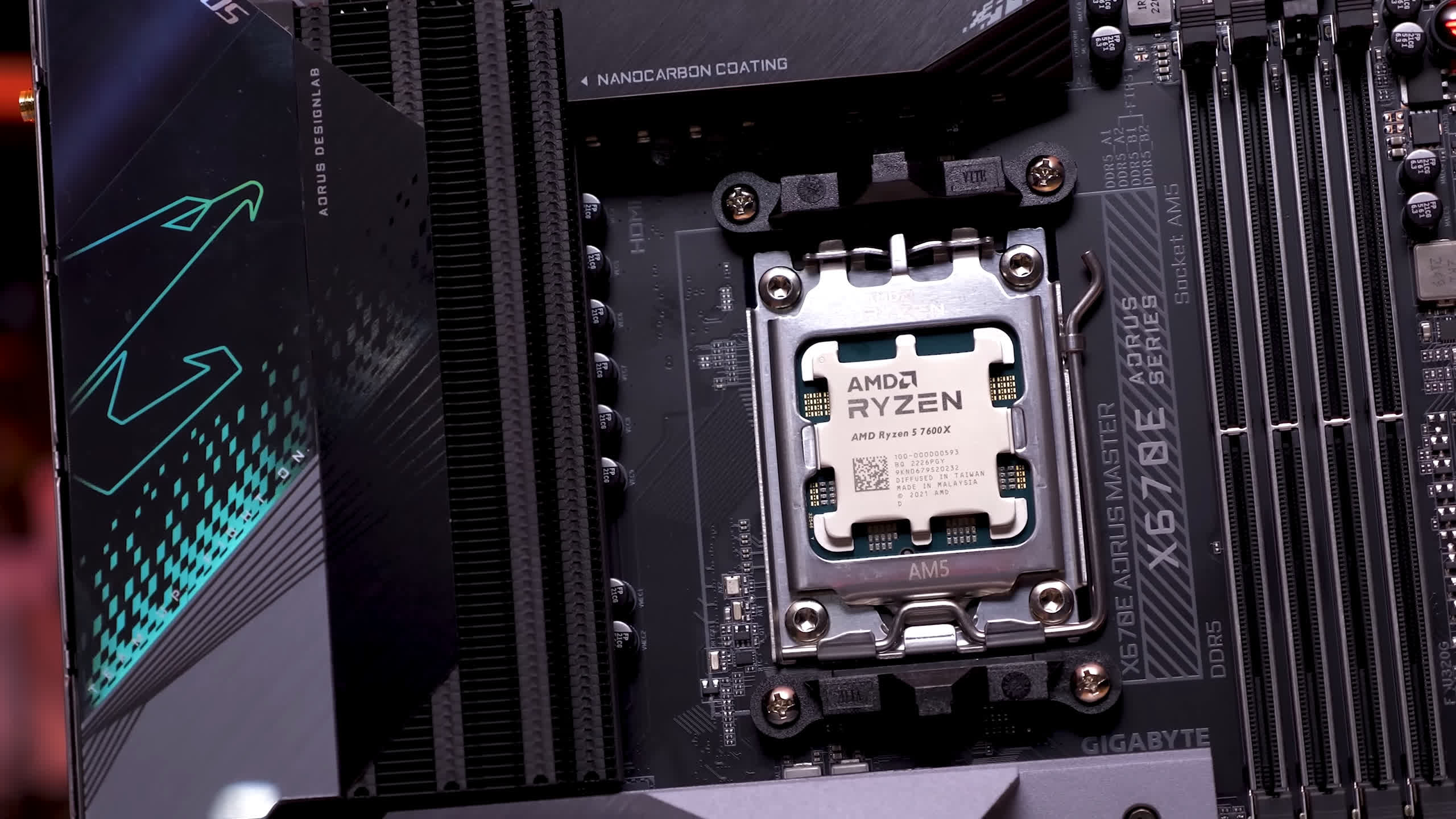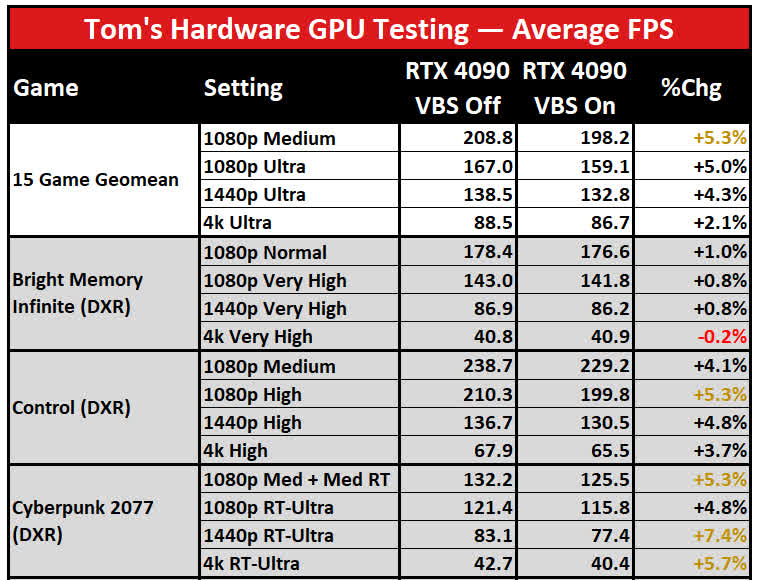PSA: Upon Windows 11's initial launch, some users complained that a default security feature significantly impacted gaming performance. If you switched it off in 2021 and forgot about it, you might want to check whether an update since then flipped it back on. Testing shows that even the latest hardware can suffer noticeable, though not ruinous, performance penalties.

Tom's Hardware recently discovered that, at some point since the initial controversy surrounding Windows 11's Virtualization-based Security (VBS), updates have reenabled it for seemingly all Windows 11 and Windows 10 systems. Leaving it on can lower some games' framerates by almost 10 percent, though often less than one percent depending on the title.
VBS is an optional extra security layer that uses virtualization to isolate a corner of a PC's memory, protecting it from malicious code and drivers. It also employs features like Hypervisor-Enforced Code Integrity (HVCI), which Digital Trends thinks is the real culprit behind the performance loss.
The usefulness of VBS and HVCI has been under debate and may depend on each user's situation. Home desktops that never go anywhere and have only one user might not need them as much as laptops or PCs sitting in offices. Ultimately, each user should decide individually whether the extra protection is worth the performance hit.
Click for full chart
When the controversy first arose in 2021, tests showed that VBS created an almost 30 percent performance hit in the worst-case scenarios, particularly on older CPUs like 1st-generation Ryzens or 10th-generation Intels. Tom's Hardware tested how the security feature affects the hardware released in the last couple of years, finding that even the mighty GeForce RTX 4090 doesn't come away unscathed.
Testing 15 PC games like Far Cry 6, Spider-Man: Miles Morales, and Forza Horizon 5, showed that most suffered a roughly five percent average framerate hit. Minimum framerates are slightly worse. The impact is more acute at lower resolutions like 1080p and generally falls to less than three percent at 4K, suggesting the culprit is a CPU bottleneck. Microsoft Flight Simulator is the hardest hit, with an 11 percent performance decrease at 1080p and an eight percent drop at 4K.
To check whether VBS is running, open the System Information app and look for a row that says "Virtualization-based security" under System Summary. It should say either "Not Enabled" or "Running."
Users who feel safe enough to disable the feature should head to Settings > Update & Security > Windows Security, and select "Open Windows Security." From there, go to Device Security > Core Isolation Details where you'll see a toggle for Memory Integrity. Flip the toggle on or off and then restart the PC to toggle VBS on or off. Alternatively, searching for Core Isolation in the taskbar should bring users directly to the toggle.
Image source: Tom's Hardware
https://www.techspot.com/news/97963-default-windows-setting-can-restrict-gaming-performance-up.html
